
Maria Temming
Assistant Managing Editor, Science News Explores
Previously the staff writer for physical sciences at Science News, Maria Temming is the assistant managing editor at Science News Explores. She has undergraduate degrees in physics and English from Elon University and a master's degree in science writing from MIT. She has written for Scientific American, Sky & Telescope and NOVA Next. She’s also a former Science News intern.

Trustworthy journalism comes at a price.
Scientists and journalists share a core belief in questioning, observing and verifying to reach the truth. Science News reports on crucial research and discovery across science disciplines. We need your financial support to make it happen – every contribution makes a difference.
All Stories by Maria Temming
-
 Physics
PhysicsA magnetic trap captures elusive ultracold plasma
Pinning plasma within a set of magnetic fields offers physicists a new way to study clean energy, space weather and the inner workings of stars.
-
 Earth
EarthTo understand how ‘night-shining’ clouds form, scientists made one themselves
A rocket, a bathtub’s worth of water and a high-altitude explosion reveal how water vapor cools the air to form shiny ice-crystal clouds.
-
 Tech
TechA new laser-based random number generator is the fastest of its kind
A new laser’s chaotic light beam lets the device generate multiple number sequences at once, similar to throwing multiple dice at a time.
-
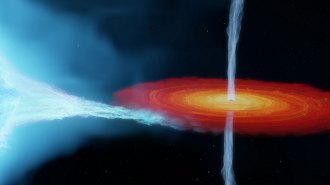 Astronomy
AstronomyThe first black hole ever discovered is more massive than previously thought
New observations of Cygnus X-1 are leading astronomers to rethink what they know about stars that turn into black holes.
-
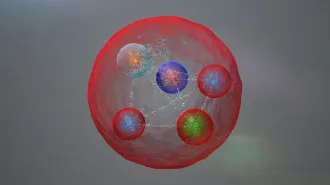 Physics
Physics50 years ago, scientists were on a quest for quarks
In the 1970s, physicists confirmed particles called quarks existed. Fifty years later, many kinds of quarks in many combinations have been discovered.
-
 Science & Society
Science & SocietyBlack, Hispanic and female police use force less often than white male officers
A case study of Chicago policing suggests that diversifying to include more Black, Hispanic and female officers may improve how civilians are treated.
-
 Earth
EarthA drop in CFC emissions puts the hole in the ozone layer back on track to closing
After a recent bump in illicit CFC-11 pollution, emissions of the ozone-destroying chemical are back down to pre-2013 levels.
-
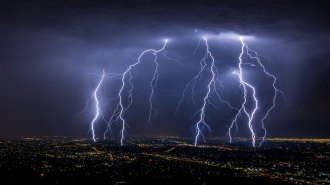 Earth
EarthThe birth of a lightning bolt was caught on video
High-speed imagery shows the formation of an electrical connection between opposing currents, offering new insight into how these flashes form.
-
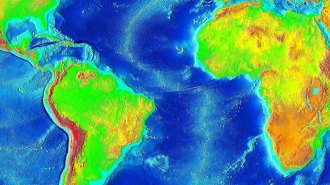 Earth
EarthAn upwelling of rock beneath the Atlantic may drive continents apart
Rock rising from more than 600 kilometers deep at the Mid-Atlantic Ridge may play a more active role in plate tectonics than thought.
-
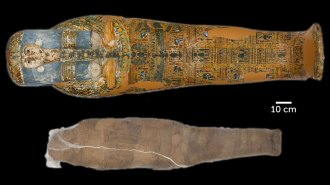 Archaeology
ArchaeologyAn ancient Egyptian mummy was wrapped in an unusual mud shell
Commoners in ancient Egypt may have used mud in place of expensive resin to imitate royal mummification techniques.
-
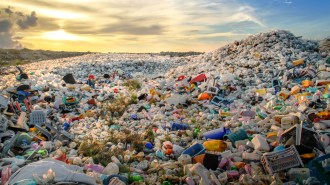 Chemistry
ChemistryChemists are reimagining recycling to keep plastics out of landfills
Recycling plastics is really hard, and usually creates low-quality materials that aren’t good for much. Chemists are trying to change that.
-
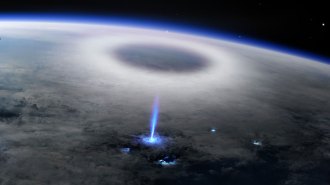 Earth
EarthSpace station detectors found the source of weird ‘blue jet’ lightning
The origins of an enigmatic type of lightning in the upper atmosphere has been traced to a 10-microsecond flash of bright blue light.